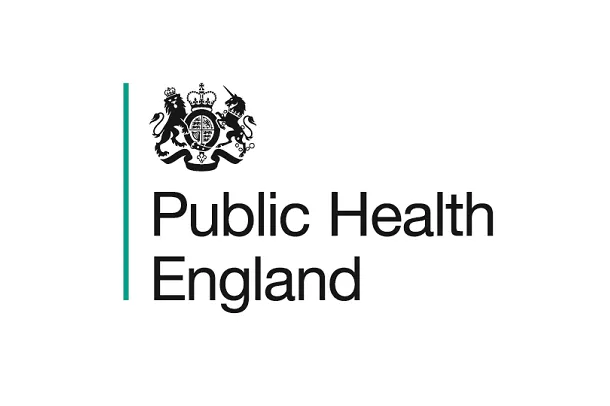CovPall Care Homes: Rapid Evaluation of the Care Home Response to the Need for Palliative & End of Life Care During the COVID-19 Pandemic
COVID-19 has had a devastating impact on care homes, their residents and families and staff. Over 20,000 care home residents in England have died from COVID-19 to date, and many more have experienced distressing symptoms. Palliative care alleviates physical and psychological distress for people with serious illness and can improve bereavement outcomes for families. However, providing high-quality palliative and end-of-life care in care homes has been particularly challenging during COVID-19. This is because older people with COVID-19 can deteriorate rapidly and unpredictably, because wearing Personal Protective Equipment (PPE) makes communication harder (especially for people with dementia), and because visiting restrictions worsen distress. In addition, care home staff faced challenges in accessing advice from healthcare teams and decision making. It is therefore important to understand the provision of palliative and end-of-life care in care homes during the pandemic.
This CovPall Care Homes project aims to increase understanding of the response to the pandemic by care homes to make recommendations to key decision-makers that will improve care.
Aims
To examine the response of care homes in England to meet the rapidly increasing need for palliative and end-of-life care for residents during the COVID-19 pandemic, and make recommendations for policy.
Objectives
- To describe the response of care homes to palliative and end of life care needs during the COVID-19 pandemic, and the experiences, preparedness and impact on the workforce.
- To explore in-depth the challenges and facilitators to providing palliative and end of life care in care homes during the pandemic.
- To make recommendations for policy and develop guidance that helps to improve and sustain palliative and end of life care during current and future pandemic peaks.
Methods
A rapid, multicentre observational study, comprising two Work Packages:
- Workpackage 1: An online rapid survey, to map care home palliative and end of life care provision, and integrated working between health and social care providers, during COVID-19.
- Workpackage 2: In-depth case studies to explore challenges and facilitators to inform sustaining innovations after the pandemic.
Impact
The research is designed for short- and medium-term policy impact, through care home, Patient and Public Involvement (PPI), and policy collaboration. An interim analysis will inform short-term policy during winter 2020/2021. Reports will be accompanied by PPI summaries, evidence summaries and guidance for front-line staff. Academic papers will be published as preprints to ensure timely dissemination.
Our Partners

University of Hertfordshire
University of Cambridge

Public Health England










